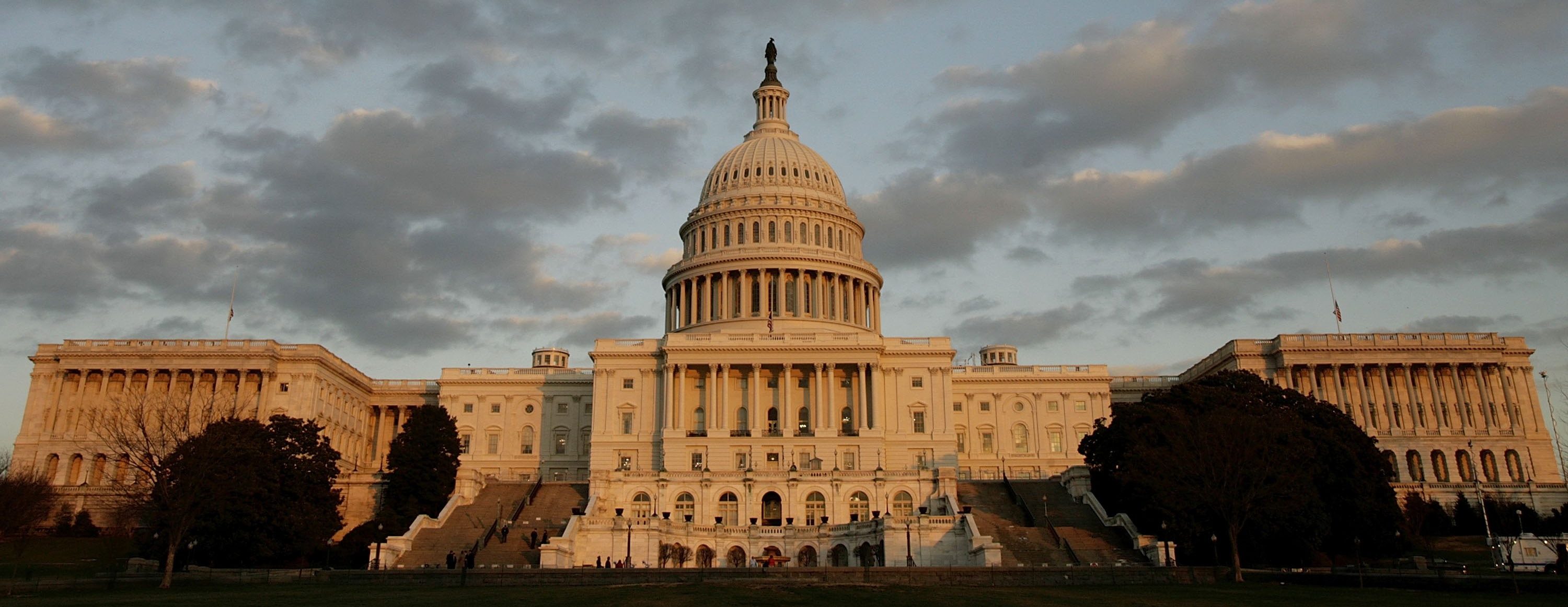By Stabroek News
Copyright stabroeknews

Dear Editor,
I wish to comment on the Alliance for Change’s (AFC) recent decision to embrace a more activist and advocacy-oriented role. This repositioning is not only consistent with the party’s founding character but also a timely response to its loss of parliamentary representation and the rise of new political forces.
First, the AFC was founded as a reform movement, not a traditional electoral machine. Over time, its coalition arrangements blurred its identity and cost it credibility. By moving into advocacy and activism, the AFC is reclaiming its original mission of challenging entrenched practices and representing a truly independent voice. Globally, parties such as Spain’s Podemos and Germany’s Greens demonstrate how issue-based activism can energize a movement. Regionally, Barbados’ Democratic Labour Party (DLP) and Jamaica’s People’s National Party (PNP) have historically engaged in grassroots and advocacy-driven initiatives to complement electoral politics.
Second, the AFC’s electoral defeat — which left it without a single seat in Parliament — has coincided with the emergence of the “We Invest in Neighborhood” (WIN) party as the main opposition. This underscores how difficult it is for the AFC to compete within the entrenched two-party dynamic. Rather than collaborating with WIN or being absorbed into parliamentary politics, the AFC can distinguish itself through issue-based activism, public education, and watchdog functions. This mirrors India’s Aam Aadmi Party, which began as an anti-corruption movement before gaining political power, and Brazil’s Socialism and Liberty Party (PSOL), which operates largely through advocacy rather than mainstream coalition politics.
Third, the party’s loss revealed a weakened grassroots connection. An activist approach allows the AFC to re-engage directly with communities, civil society, and young people, rebuilding trust and relevance at the local level. By deliberately avoiding formal collaboration with WIN, the AFC preserves the independence it needs to speak frankly on issues, free from partisan bargaining. In the Caribbean context, movements such as Trinidad and Tobago’s Tobago Organisation of the People (TOP) demonstrate how activism and community engagement can sustain political relevance even outside dominant electoral structures.
Seen in this light, the AFC’s pivot to advocacy and activism is not a retreat but a strategic renewal. It positions the party to hold both government and opposition to account, elevate overlooked issues, and represent the aspirations of ordinary Guyanese without being constrained by parliamentary alliances.
Keith Bernard



